Super-charge your Oxiclean
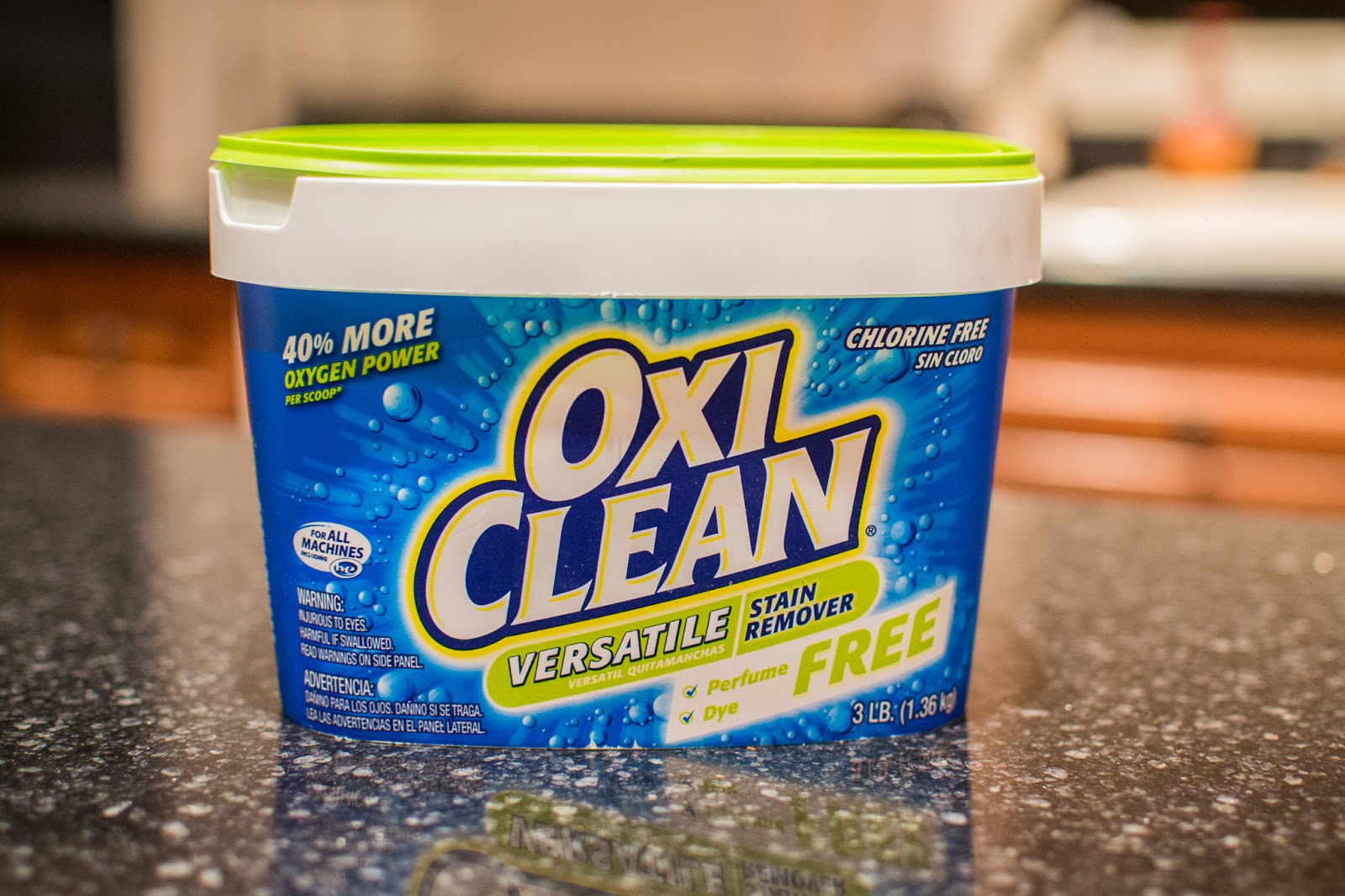
PBW is awesome. Unfortunetly, it’s also expensive. Many homebrewers (myself included) turn to Oxiclean as a suitable alternative. It’s main ingredients are pretty similar to PBW — sodium carbonate (washing soda), and sodium percabonate (the oxidizing agent). The problem is: Oxiclean simply doesn’t work as well as PBW. It doesn’t remove caked on crap as well as PBW does, it doesn’t rinse away as easily, and if you have hard water, it can leave hard water scale on your equipment. So where’s the missing link?
PBW has a few other ingredients. First off, PBW contains a surfactant. Surfactants lower the surface tension of a liquid; they essentially make water wetter. This aids the detergent in removing soil from surfaces. Oxiclean also contains a surfactant (Ethoxylated Alcohol C12-C16). I don’t know enough about chemistry to know whether it’s as effective what’s used in PBW, but it’s there.
PBW also contains a chelating agent. Chelators bind with metal ions, which prevent them from reacting with other elements. This is why PBW doesn’t cause scale on your equipment, even with hard water. Oxiclean unfortunately does not contain a chelating agent. EDTA is a commonly used industrial chelator. I’m not sure if that’s what PBW uses, but EDTA isn’t easy to buy, so we’ll skip it for now.
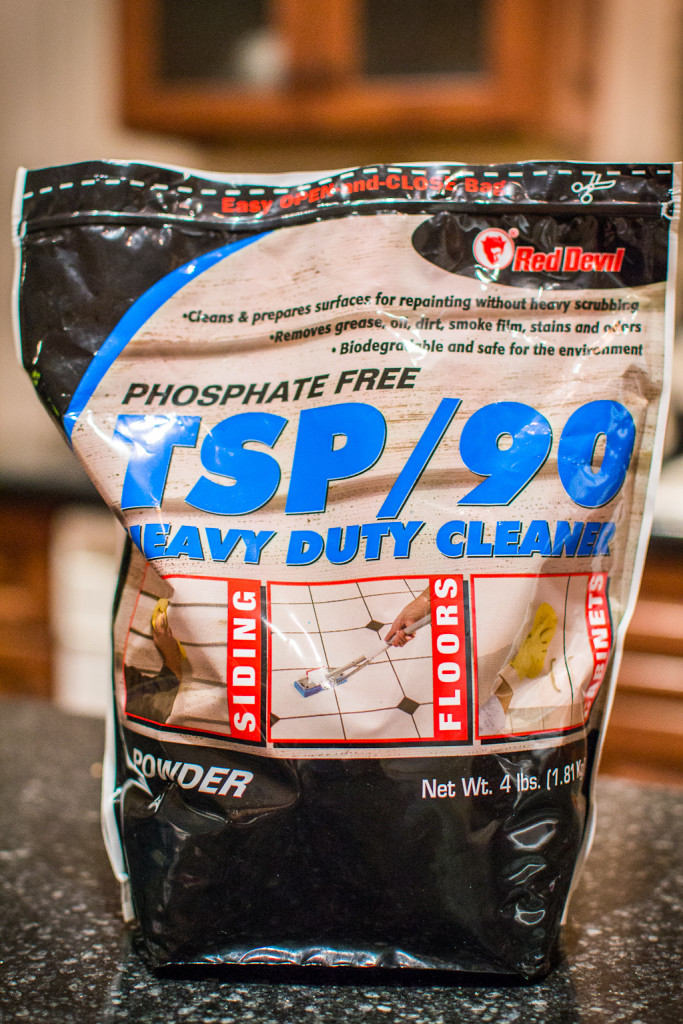 Finally, PBW is more alkaline than Oxiclean, which is due to 30% of the formula being sodium metasilicate, a TSP alternative. Tri-Sodium Phosphates are no longer for sale in most states, as phosphates are really bad for the environment, but there are substitutes on the market. TSP/90 is a popular one made by Red Devil. It’s active agent is sodium metasilicate, which is the same ingredient in PBW. Thankfully TSP/90 is cheap, and costs about the same per pound as oxiclean. You can find it at most hardware stores.
Finally, PBW is more alkaline than Oxiclean, which is due to 30% of the formula being sodium metasilicate, a TSP alternative. Tri-Sodium Phosphates are no longer for sale in most states, as phosphates are really bad for the environment, but there are substitutes on the market. TSP/90 is a popular one made by Red Devil. It’s active agent is sodium metasilicate, which is the same ingredient in PBW. Thankfully TSP/90 is cheap, and costs about the same per pound as oxiclean. You can find it at most hardware stores.
So now let’s get down to the meat and bones. If you mix (by weight) 70% Oxiclean with 30% TSP/90 (sodium metasilicate), you end up with a pretty passable PBW alternative. The proper concentration to use is around 1oz (by weight) per gallon of water. That handy little oxiclean scoop has number on the sides, and each number corresponds with roughly one weighted ounce. So if you’re mixing 3 gallons of water, fill the scoop to the ‘3’.
I’ve found the DIY PBW works flipping magic compared to oxiclean alone, and from my experience it’s cleaning power seems to be about on par with PBW. Unfortunately, our homemade mixture doesn’t have a chelator, so hard water scale is still an issue for those with hard water (like myself). I’d really like to speak with a chemist regarding using EDTA or EDDS to aid in chelation. The toxicity of both are pretty low, but I have no idea how they would react with what’s already in the mixture. Dicking around with chemicals isn’t something I take too lightly, so I’m going to hold off on that for now.
That’s about it. My DIY PBW has worked pretty well. Give it a try, and let me know how it works for you.
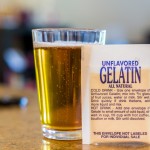
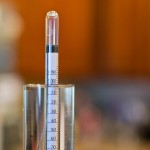
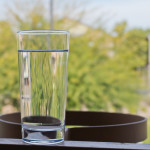
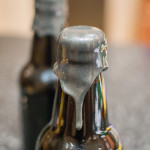
Where did you buy your TSP/90? I only see in online, which seems odd given the fact that I live in a major metropolitan area. With shipping it makes it cost prohibitive. Or, at least it really begins to eat into the "savings" over PBW, especially given PBW's additional chelating agent. I wish Oxyclean Free was a little easier to find in bulk. Costco has a great deal on Oxyclean, but they don't carry Oxyclean Free. Target seems to only carry the 3 lb size.
I bought mine from Ace hardware. They had 1 and 4lb bags. 4lbs was $10. I believe Home Depot and Lowes carry it as well. Since its roughly the same cost per pound as oxiclean, there's no additional cost.
Hey Scott – great work with the blog! Switching to RO water and using a bunch of your other techniques has made my beer SO much better. Anyway, to the point – I got some actual TSP at Home Depot here in MN, think I can use it at the same 30% as the TSP/90?
I would not use TSP…. You have to get TSP/90.
For a chelator, use citric acid. You can get it in a 5 pound bag dirt cheap from Amazon (search: spicy world).
– Dennis
Hi, I was just wondering how much citric acid we should add to the mix? Also, should I store it with the other chemicals, or add only while cleaning? Lastly, is vinegar a reasonable substitute for the acid, and if so, how much would you suggest I add
Dennis, how much citric acid would you recommend putting in on a percentage basis?
Thanks! That shouldn't be too hard to find!
How much would you suggest?
I also would like to know if regular tsp would work for this. It's easy and cheap for me to find here.
I'm really not sure. I'd imagine, but you might want to check with a chemist first.
I've been using regular TSP in the same ratios, seems to be working fine. I have not compared it to anything else though, only other cleaners I've used is B-Brite, and that oxy type "B-Brite Cleaner"
What about vinegar? And how much of the citric acid would you recommend?
Scott any updates on a Chelator? Thanks
Calgon (polycarboxylate & Zolite) can be added as a chelating agent and it is pretty easy to get
Chelator in PBW: Likely about 3% by weight of EDTA. Other options include citric acid, or water softener powder (like Calgon).
Some oxygen bleach products intended for hard water already contain a chelator.
Source: “Patent US5663132 – Non-caustic composition…” cited in PBW spec sheet
I just used sodium hydroxide mixed in water then let sloshed it around in my keg for some time. Let it sit overnight then rinsed. Did a super clean job!
I was wondering about Cascade dish cleaner as a alternative to PBW. Does a great job in my dish washer.
watched the red devil video from the red devil representative, TSP/90 2 tablespoons in a gallon of water to wash walls and to rinse immediately and not to use on windows. im assuming the rinsing of equipment gets the film out but can you clean your bottles? Love this idea.
Wow. You guys have too much time on your hands… I’ll stick with the PBW, thanks. Works perfect! 🤘🏼
You mentioned originally about speaking to a chemist re EDTA.
I have just purchased 5kg of sodium percarbonate, 1 kg of sodium Metasilicate and 500 g of EDTA.
Any ideas as to the proportions with the EDTA?